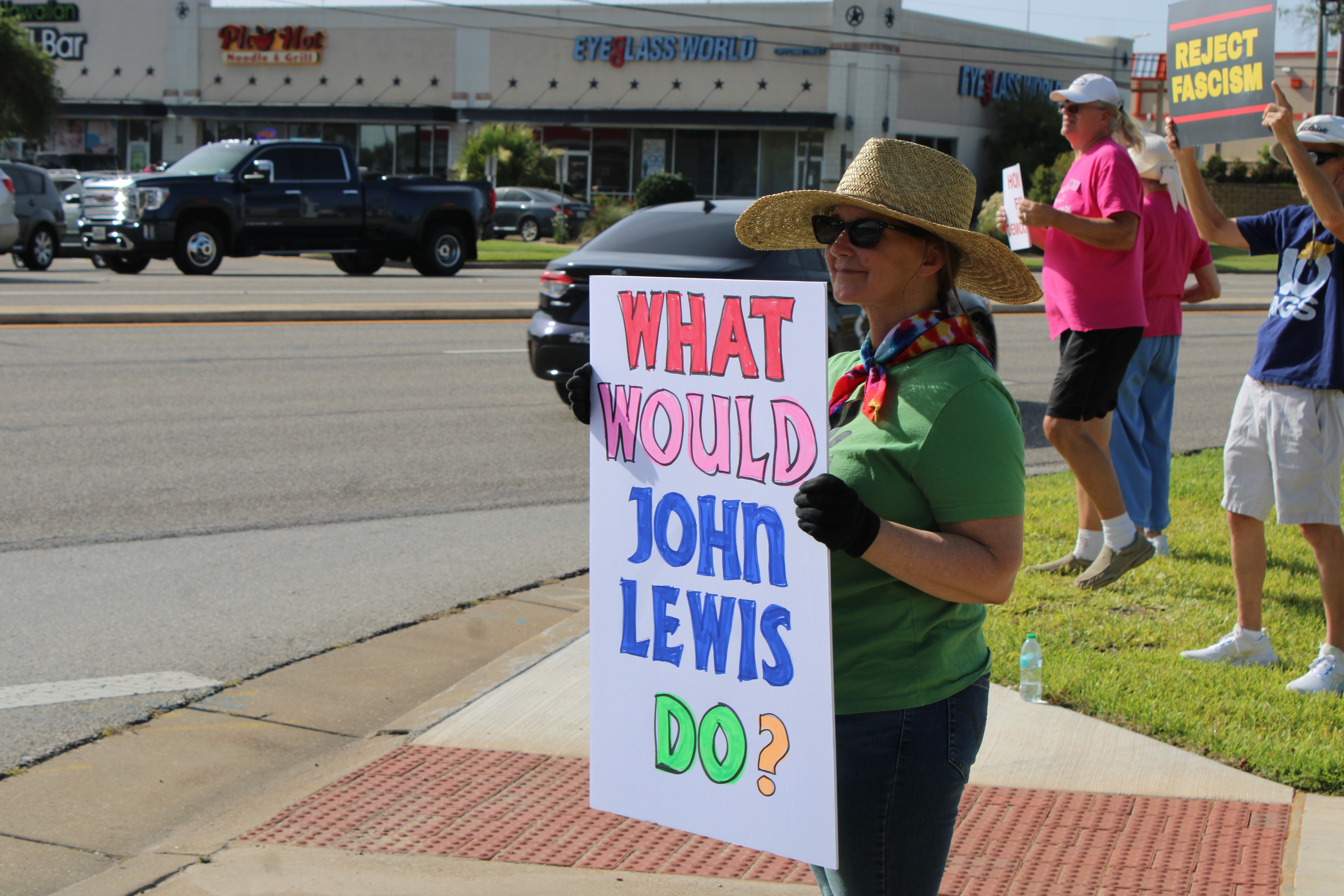We need better grasp of simple economics
Published 8:17 pm Wednesday, July 29, 2015
The hot new television drama this summer is “Mr. Robot,” a techno-thriller about computer hackers battling big, evil corporations. It’s an engaging show, but it demonstrates a teenager’s understanding of banking and economics — something Democratic presidential candidates are starting to demonstrate these days, as well.
“Elliot, the hacker protagonist of USA’s new drama ‘Mr. Robot,’ looks like the dark corners of the Internet in human form,” The Atlantic reported recently. “As played by Rami Malek, he’s pale and nervy-looking, and would be easy to miss in a crowd if it weren’t for his hollow stare. Elliot suffers from crippling social anxiety and mostly interacts with people by stalking them online, but he’s a well-meaning hacker, who despises his day job at a banking conglomerate and works at night to try to overthrow it.”
Trending
The goal, it seems, is to “wipe out” the crippling credit card and student loan debt that has made life harder for so many millennials.
“Elliot’s online Robin Hood act attracts the attention of a grungy hacker called Mr. Robot (Christian Slater), who invites him to join his mysterious collective and upend the corporate system on a much larger scale,” The Atlantic notes. “This isn’t just a diatribe against the system that rumbles about wealth inequality and the ongoing misdeeds of the one percent. It’s a dark fantasy that might actually see that system overthrown, and explore the consequences, good and bad.”
The show represents an immature understanding of how the world works. If only those debts were zeroed out, characters reason, everyone will be better off. After all, they’re only numbers on a computer screen, right?
Wrong. A loan is a thing of real value, which is used by the borrower to obtain other things of real value. Money didn’t magically appear to pay for those college classes, those textbooks, those teachers’ salaries. Credit card companies aren’t in the business of giving cardholders free televisions, computers and meals at Chili’s.
If hackers managed to erase those debts, it would be — not just represent — the destruction of real wealth. Taxpayers, in most instances, would be on the hook.
If the characters in “Mr. Robot” succeeded, who would suffer, aside from taxpayers? Bank tellers, for example — they’re paid from the profits of banks, which come from fees and from the interest from loans. Retailers and waitstaff at restaurants, which are left with unpayable credit card receipts. College professors. Bookstores. Baristas.
Trending
See? It gets complicated. And it’s not just a television show at issue here — it’s also the policy positions of some of the Democratic candidates.
“Let’s make college affordable and available to all … and lift the crushing burden of student debt,” Hillary Clinton says.
That sounds great — as does her vision of “forgiving” student loans. But upon closer scrutiny, it’s unrealistic. Currently, there’s about $1.3 trillion in student debt. Wiping it away isn’t a matter of just hitting delete — it’s a matter of destroying real wealth.
We need a more mature understanding of economics in this country. Wealth can be created, but it shouldn’t be destroyed.







